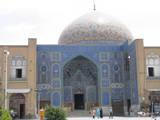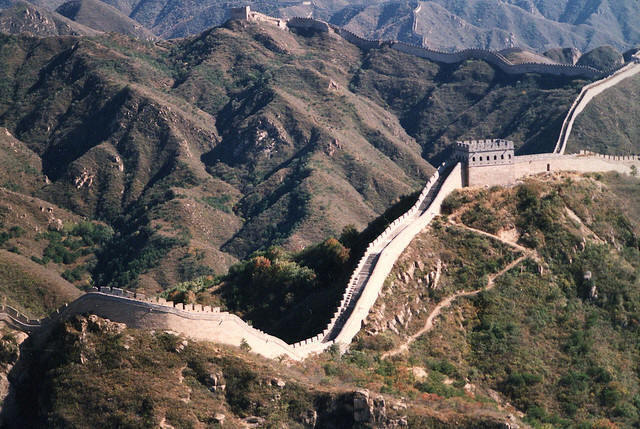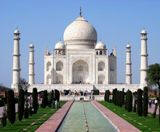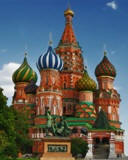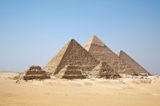As
the focus of China’s life expands from nation building to
global engagement, China is challenged to establish its
proper place in the greater world community. Over the last
century, for its modernization China has drawn ideas from
the West. There are reasons to believe that progress now
requires that it add a reverse flow whereby it shares its
vision with the world and assumes leadership in the shaping
of the newly global times.
In sum, in recent decades China has risen to a leading
position in the world economy, based on profit; now it
begins to play a special role as well in the political
order, based on power. Both of these are limited, however,
and hence tend to engender competition. In this context the
greater the success the greater the suspicion regarding
motivation, followed by resistance that slows further
progress.
To counter this dynamism it becomes urgent to begin to focus
on another order of reality where what is had by one can be
shared with, and supportive of, others, and this without
being lost to its originator. This is the field
of culture which reflects the deep values, inspiration and
aspirations of a people through the ages. Hence, in the
evolving global context as we enter the 21st century a key
element for the success of China will lie in its being
perceived not as competitor or threat, but as realizing its
own special genius and sharing this with others. On this
basis China can be the sought-after partner, a path finder
for the human community in facing its challenges and in
shaping the global human future.

